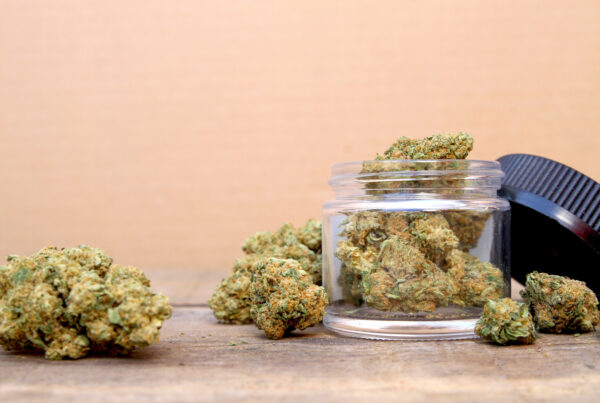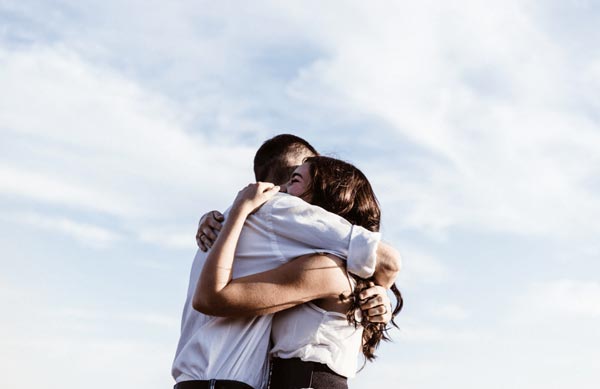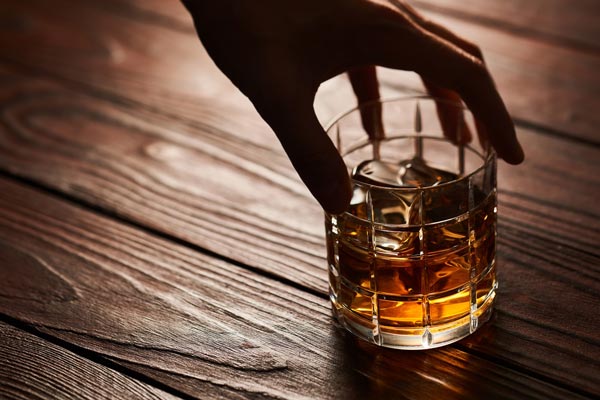Being married to an addict in recovery can be a challenge. Like most spouses, you may not know how to handle the situation or provide the help your loved one needs.
In this article, we’re sharing a few things you need to know if you’re married to an addict in recovery.
Married To An Addict In Recovery
Love is a wonderful thing. Thousands of years of culture and countless interpretations of it have all come to draw different personal conclusions on what makes it great, but love is unequivocally the best thing. Being loved is the essence of being in a happy place in life. It doesn’t matter how that love is interpreted or how it presents itself – whether you care most about the bond between yourself and your friends, your family, or your partner – if it’s a constructive bond, not a destructive bond.
The difference here is that, ultimately, love is meant to build. It’s meant to protect. It’s not meant to break you or make you suffer. Everyone experiences that in their way, but a good relationship with anyone is one that makes both of you stronger.
In addiction recovery, relationships can often have the opposite effect, even when we don’t want them to. Here’s the skinny of it: relationships, no matter how great, are also a major source of stress, and they have a higher potential to do harm than good in a person’s journey to recovery.
You need to know if you’re married to an addict in recovery.
The Good, The Bad, The Ugly
Love can be a source of strength. That’s the good part. Having someone at your side who loves you and wants the best for you can be a huge emotional support, even just passively, as you have that feeling in your mind that no matter what, you’ll have someone in your corner. However, that can also breed complacency, a feeling that you are good enough the way you are, with all your imperfections.
Sometimes, there are imperfections within ourselves that we shouldn’t tolerate for any longer than we must. Addiction is one of them.
The problem with being in a relationship while addicted is that addiction is often a mutual issue. And when it isn’t, the strain it puts on the relationship leads to codependency, issues with intimacy, major problems with mutual trust, and, worst of all, a deep self-loathing that turns into resentment. These are the bad parts.
You can’t love others without first knowing and coming to terms with yourself – and that’s one of the hardest parts of getting and staying sober. If you can’t do that – if you can’t love yourself, if you find that there’s too much wrong with you and you need that to change, then a relationship will turn into additional emotional baggage that could distract you, obstruct your efforts, or send you down a self-destructive spiral due to the powerful feelings involved in opening yourself up to another person before either one of you is ready. That’s the ugly part.
It’s Safer To Be Realistic
As the relapse rates will tell you, recovery is rarely a walk in the park. It’s a path you must figure out on your own. Some people struggle to get off the drugs again and again until something in their head clicks, and they make the permanent decision not to use it again, deterred by their thought process. In other cases, recovery might be a slow burn through a difficult line of thinking, and it might take months or years before you feel secure in your sobriety.
Piling on the stress of a potential breakup is just too much – and what’s even worse is hooking up with another person in recovery. Too many emotions are boiling up at this point in life, especially ones suppressed by the addiction and the habit of hiding problems with a high. To be safe, starting your recovery is best by surrounding yourself with friends and people you aren’t attracted to.
Lastly, it’s important to understand that you have nothing to feel guilty about by deciding to put your recovery first – and it’s never a good idea to consider committing to a person who cannot respect that. A good relationship is one where both parties work together to build themselves up and constantly work on each other to improve. While together with someone, you should feel empowered to chase your dreams and be yourself and feel loved and supported. Similarly, you should feel the need to do the same for them and cheer them on in every endeavor.
You shouldn’t feel pressured to commit or make meaningful relationship decisions without first dealing with your recovery process’s broad strokes and early hiccups. Early recovery can be seriously stressful – if your partner doesn’t know this, it’s important that they learn all they can about your condition and the near future. If they know this, they should understand that piling on any additional relationship stress can kill the chances of a smooth recovery and a happy relationship.
Again – the right person will understand and openly encourage you to fix yourself before going down this road with them. Love can’t be stopped – no one is telling you to flush your feelings down the toilet or not to act on them. Instead, put them aside for a second, and use that feeling – that burning need to be with this new person – as motivation to improve and stay sober. At the end of the day, no one knows whether a relationship will work out until it does, and it’s important to be emotionally strong enough to pursue love without falling apart after a breakup.
In Existing Relationships
If you’re in an existing relationship or in the middle of a marriage, this doesn’t mean you two should break up or get a divorce before focusing on your recovery. Instead, give each other space – separate, and take the time to work on each other mutually. While you focus on your recovery, give your partner the opportunity and the time to figure themselves out, figure out what they want, and whether what they want still is a relationship with you.
Addiction recovery isn’t meant to doom relationships, convert you to sexual celibacy and lifelong abstinence of all pleasures – you’re getting sober, not taking up the oath of a monk. However, putting your relationship worries aside and tackling your emotional transformation first is the responsible thing. It means you’ll have the best chance at a successful relationship in the future.
Conclusion
Being married to an addict in recovery will not be easy at times. However, the more you understand the addiction recovery process, the more you will be able to help.
We hope this has helped you somehow and encouraged you to remain strong.
Sources:
- Mental Health America. Codependency. Mental Health America. Accessed October 14, 2022. https://www.mhanational.org/co-dependency





